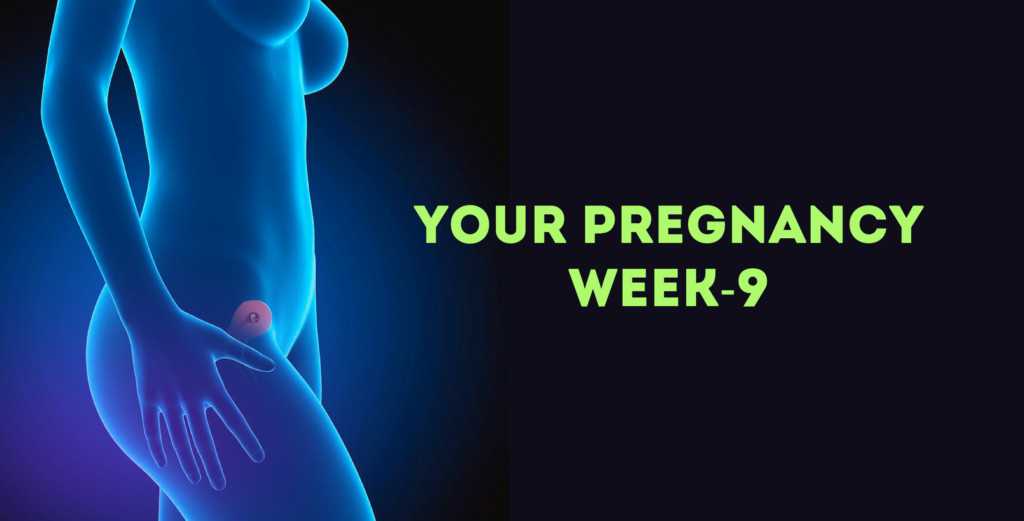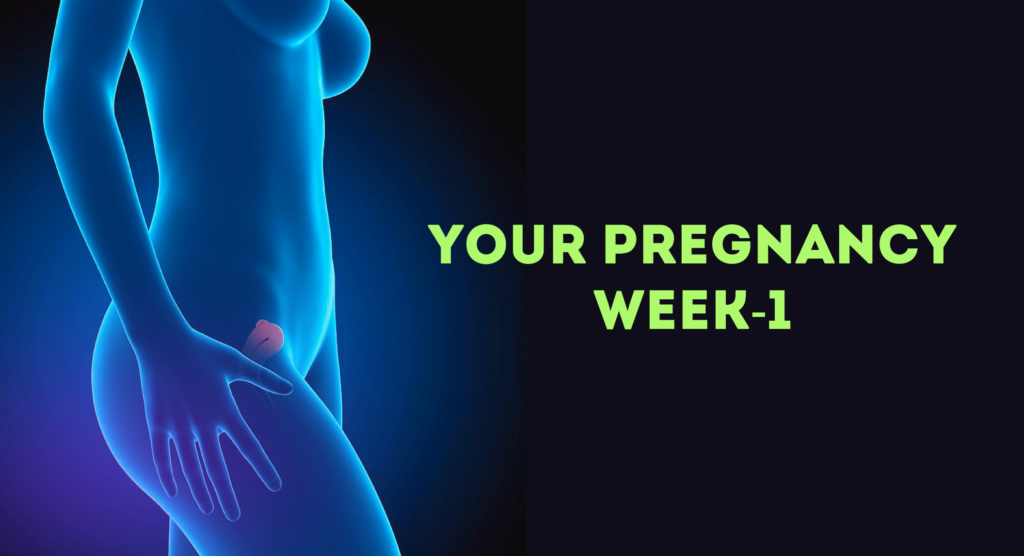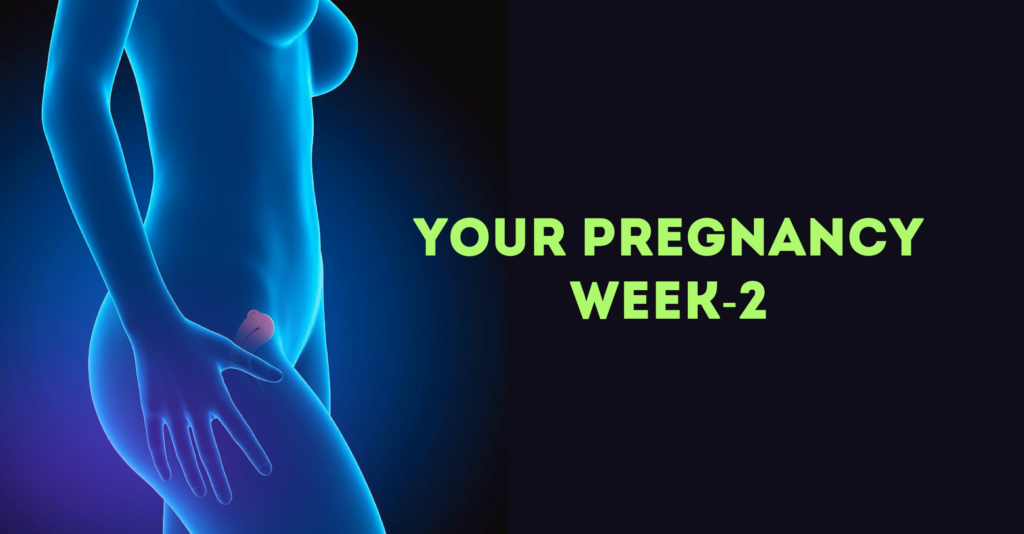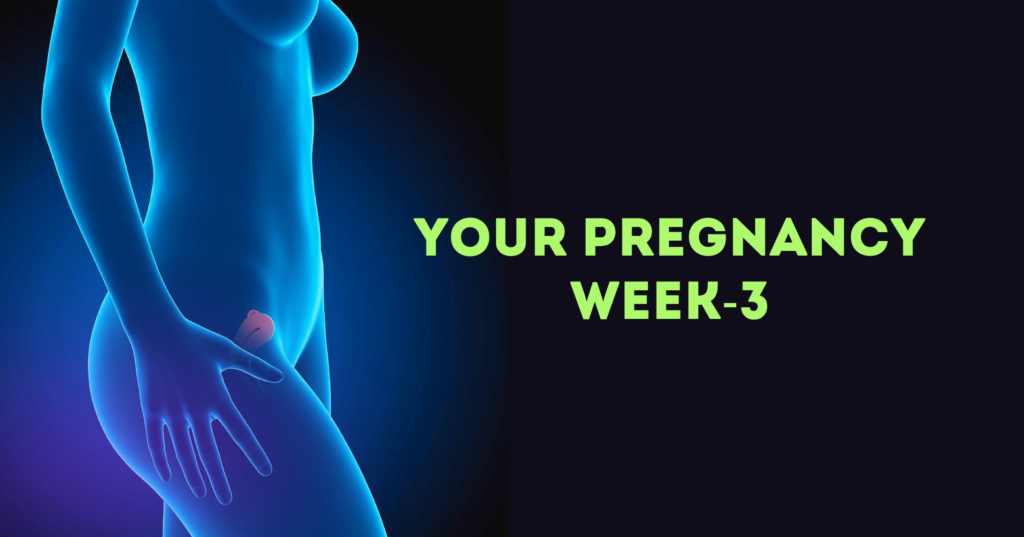Welcome to week 9 of your pregnancy! At this stage, your baby is growing rapidly, and you might be experiencing a range of new symptoms. In this detailed article, we will cover everything you need to know about week 9, including the changes happening in your body, your baby’s development, and tips for managing symptoms.
Key Takeaways at 9 Weeks Pregnant
- Your baby is about the size of a cherry, measuring around 0.9 inch in length.
- Major organs and body systems are continuing to develop rapidly.
- You may experience more intense pregnancy symptoms, such as morning sickness and fatigue.
- Emotional changes are normal, as hormonal shifts may cause mood swings.
Pregnancy Symptoms During Week 9 and How to Manage Them
During the 9th week of pregnancy, you might experience some or all of the following symptoms:
1. Morning Sickness
- What to Expect: Nausea and vomiting are very common in early pregnancy due to the rise in hormones like hCG (human chorionic gonadotropin).
- How to Manage: Eat small, frequent meals throughout the day, stay hydrated, and consider ginger tea or peppermint, which can help ease nausea.
2. Fatigue
- What to Expect: You may feel more tired than usual because your body is working hard to support your baby’s growth.
- How to Manage: Prioritize rest, take naps when needed, and aim to get at least 7-8 hours of sleep each night.
3. Breast Changes
- What to Expect: Your breasts might feel sore, swollen, or more sensitive due to the increase in estrogen and progesterone levels.
- How to Manage: Wear a supportive bra and consider a sleep bra at night for extra comfort.
4. Frequent Urination
- What to Expect: The growing uterus can press on your bladder, causing you to urinate more often.
- How to Manage: Stay hydrated but try to reduce fluid intake in the evening to limit nighttime bathroom trips.
9 Weeks Pregnant Is How Many Months?
At 9 weeks, you are in the third month of your pregnancy, or about 2 months and 1 week along. The first trimester spans from week 1 to week 12, so you’re almost halfway through this early stage of pregnancy.
Baby Development at 9 Weeks
Your baby is undergoing significant changes in the 9th week:
- Size: Your baby is now about .09 inch long, roughly the size of a cherry or a grape. He may weigh about 0.95 ounces.
- Growth: The baby’s tail has completely disappeared, and the body is starting to straighten.
- Organ Development: The major organs, including the heart, brain, lungs, and kidneys, are forming more completely.
- Developing Teeth: At this stage, your baby’s gums are forming ten tiny tooth buds on each side, which will grow into their 20 baby teeth. These teeth begin to harden and connect to the jaw by next week. Most babies get their first tooth between 4 and 7 months, though some may be born with one already visible.
- Heart: Your baby’s heart is becoming more developed, with all four chambers now formed. Its rapid heartbeat, often compared to the sound of galloping horses, is due to it beating about twice as fast as your own.
- Placenta: The placenta, now fully attached to your uterus and connected to your baby via the umbilical cord, takes on the critical role of producing hormones for your baby’s growth. By the end of pregnancy, it reaches the size of a large pancake, although its benefits in consumption post-birth remain unproven.
- Facial Features: The baby’s facial features are becoming more distinct, with the eyes, nose, and mouth developing more definition.
- Limb Movements: Although you might not feel it yet, the baby’s arms and legs are starting to make small movements.
Your Pregnant Belly at 9 Weeks
At 9 weeks, you might start to notice a slight baby bump. However, many women still do not show much at this stage, especially if it’s their first pregnancy. The uterus has grown to about the size of a grapefruit, which might cause a feeling of fullness in your lower abdomen.
Pregnancy Checklist at 9 Weeks Pregnant
Here are some things to keep in mind and do during the 9th week of pregnancy:
- Schedule Your First Prenatal Visit: If you haven’t already, book your first prenatal checkup to monitor your and your baby’s health.
- Take Prenatal Vitamins: Continue taking folic acid, iron, and other prenatal vitamins as recommended by your doctor.
- Avoid Harmful Substances: Stay away from alcohol, tobacco, and other harmful substances that could affect your baby’s development.
- Eat a Balanced Diet: Include plenty of fruits, vegetables, lean proteins, and whole grains in your diet to nourish your growing baby.
To-Do’s for Dad
Partners also play a crucial role in the pregnancy journey. Here are some tips for dads-to-be:
- Offer Support: Be there to listen and offer comfort when your partner is feeling overwhelmed or fatigued.
- Attend Appointments: If possible, join your partner for prenatal visits. This can help you feel more involved and supportive.
- Help with Household Chores: Pregnant women often experience low energy, so stepping in to help with chores can make a big difference.
- Educate Yourself: Read up on pregnancy, fetal development, and parenting tips so you can be fully prepared when the baby arrives.
Frequently Asked Questions
1. Is it normal to not have a visible baby bump at 9 weeks? Yes, it is entirely normal not to show a baby bump at 9 weeks, especially for first-time moms. The uterus is still relatively small, and most physical changes are occurring internally.
2. Can I feel my baby move at 9 weeks? At 9 weeks, it’s too early to feel your baby’s movements. You might start to feel flutters or “quickening” around 16-22 weeks of pregnancy.
3. What should I avoid during the 9th week of pregnancy? Avoid alcohol, smoking, raw or undercooked meats, unpasteurized dairy products, and excessive caffeine. These can harm your baby’s development.
4. How can I manage morning sickness at 9 weeks? Eating small, frequent meals, staying hydrated, and using ginger or peppermint tea can help manage nausea. If the symptoms are severe, consult your healthcare provider.
Final Thoughts
Pregnancy at 9 weeks is a time of rapid growth and development for your baby and significant changes for you. Embracing these changes and focusing on self-care can help make this journey smoother and more enjoyable. Keep following your doctor’s advice, stay active, and engage in activities that make you feel calm and connected to your baby.



